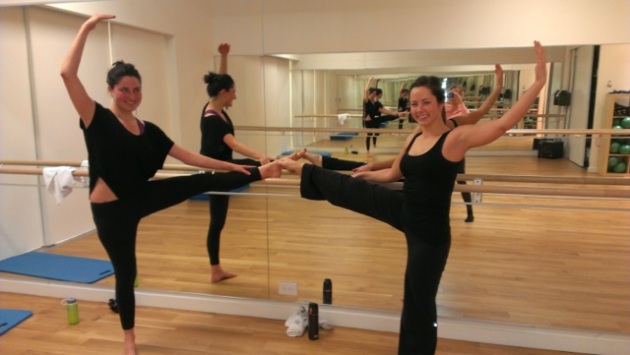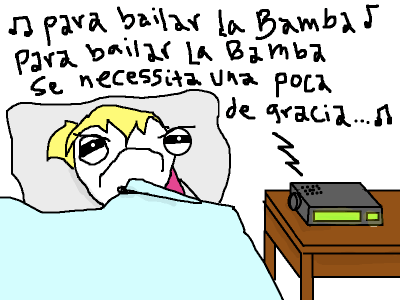How to Succeed at Articling
(or “How to Not Collapse Before You’re Called to the Bar”)
Author: Anna Cooper
The CDO in coordination with HWSAC organized a panel called “The Articling Process: What Can I Ask For?” Deborah Glatter, Director of Professional Development and Student Programs at Cassels Brock, and Doron Gold, a full-time Staff Clinician at Homewood Human Solutions (the provider of the Ontario legal profession’s new Member Assistance Program), came and answered our toughest questions with a surprising level of candor. What follows is a summary of the critical advice they had to share with us, replete with substantial additions from yours truly.
INSTALLMENT IV
Rule Number 5: Start External, Move Internal.
From listening to Doron Gold and Deborah Glatter, I gained this overarching picture:
1. When you are starting to struggle, reach out outside the firm. Call a trusted legal mentor who has your best interest in mind. Set up an appointment with your counselor. Or maybe talk to a fellow articling student. Call Homewood* – they are a free, 24/7 service, which is completely confidential. Do not let your problems build in silence.
2. If your work product is suffering, you need to talk to someone in your firm. Why not just hide your problems from your employer? Especially when it could mean betraying weakness and making yourself seem like a less appealing candidate? Because that would mean you don’t understand Rule 6.
Rule Number 6: Understand that there is a Risk to Not Talking
Deborah Glatter stressed that if your work product is suffering during articling, it is going to be a problem. Hiding the reason why will not help you; it just means your firm will be more likely to conclude that you cannot be depended upon. There comes a point where you might as well open up about what you are going through and what you need because:
(a) At least this gives your firm context for why your work is suffering.
(b) In some cases it will trigger their duty to accommodate whatever you are going through.
(c) Heck, they might actually be compassionate and supportive.
Another risk of not opening up? You keep your job. Both Deborah Glatter and Doron Gold said there comes a time when the appropriate question isn’t “how do I keep my job?” but “why would I want to?” If your work environment is terribly unsupportive, maybe you should start planning your exit strategy rather than planning your seven-year-partnership-track-survival-plan.
Opening up does not have to mean giving all the gratuitous details. It may even mean bending the truth a bit. The sad reality is that legal culture is still far more accepting of physical problems than mental or emotional ones. The point is, at some point, you are going to have to admit to something, because there are going to be consequences – and you might as well try and shape them rather than waiting in fear and self-loathing for the blade to fall.
If you are searching for guidance on how to open up, this is when seeking supports outside your firm can come in handy. Call your mentors, call you friends, call Homewood. Just go outside your head.
A few other things to know:
(1) Everyone thinks they know less than everyone else, especially when they are articling. As Doron said, “If you walk around thinking you are the freak amongst all these stars you are going to wear out really quickly;” so take a deep breath and realize that everyone feels like a fraud.
(2) Don’t spend yourself in a to a corner. One of the most common reasons I have heard for why young lawyers do not change careers when they are unhappy is they have already bought the car, the condo, the life, and now they have to keep working their corporate job to pay for it.
(3) Try and approach articling with curiosity rather than fear. Be curious about whether this is the career for you. Be curious about what your skills are, and what environments you thrive in. Approaching articling as some ultimate assessment of your value as a person is a really dangerous thing to do. If you fail articling you do not fail life. Actually, you may fail articling because you are amazing at life.
(4) Finally: it is just articling! I know many of us will lose all perspective in the coming year, if we haven’t already. When it is 4:00am and you have barely slept in days and you have convinced yourself that the assignment you are working on is the most important thing in the universe, in no small part because some partner has basically told you as much, I hope you will pause and remember this glorious, humbling truth: you are wrong. The world does not turn on you. Call someone who cares about you. Call someone you trust. Call Homewood.
(*For more information on Homewood Human Solutions and the new Member Assistance Program go to: http://www.homewoodhumansolutions.com/MSA/lawsocietyuppercanada)




![[Editor: I hate when this happens before I'm ready to wake up.]](https://lawmeetingminds.files.wordpress.com/2013/03/rage22.png?w=400&h=300)
